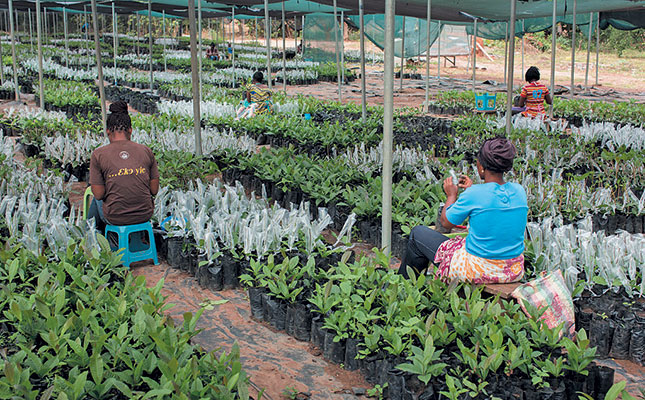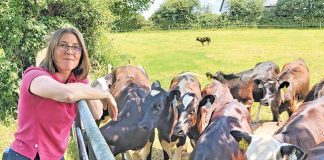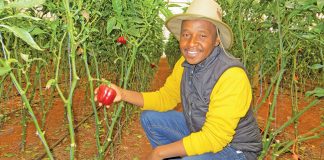
I am generally cautious of participating in anything that deals with the achievements or experiences of women in a ring-fenced kind of way.
READ Township vegetable garden empowers women
This is because I believe we must be careful of creating a separate kind of narrative and domain of success where we celebrate women for their achievements compared only with other women, rather than rating their achievements against a full spectrum of their peers, both male and female.
It is so important that we don’t fall into the trap of letting those initiatives that we pursue with the aim of empowering women ultimately end up side-lining them even more. Also, we must distinguish between those challenges that pertain specifically to women wanting to follow a career in agriculture, and general challenges that any person wanting to enter the farming sector will face.
Having participated in several discussions about ’women in agriculture’ during August, and after my initial scepticism about these events, I ended the month having learnt a lot about what the priorities should be for any institution that is serious about emboldening the role women play in agriculture.
One of the challenges that women face in the farming sector is lack of representation. In general, the industry could do a much better job of showing that, although they are still in the minority, there are women working at every level in the sector.
READ Women in agriculture are key to boosting food security
The second challenge that was raised repeatedly is women’s appetite for risk. This, of course, is a generalisation, but women tend to be more cautious and risk-averse than men.
For example, when it comes to taking out loans to use as capital for a business, women tend to be more conservative in terms of the amount of credit they are willing to shoulder.
A third challenge, which might affect women more than men, is the threat that crime in rural areas poses and how this may deter women from choosing to live and work on farms. Our rural, farming communities are not safe spaces for women. Fixing this should be at the very top of government’s and the industry’s agenda.
Finally, there are also challenges of active discrimination and exclusion. Research done by the Food and Agriculture Organization of the United Nations has shown that in sub-Saharan Africa, women hold less than 20% of agricultural land.
Furthermore, where women hold land, their plots are generally smaller, of inferior quality and with less secure land rights than those held by men.
This is a problem that many women in South Africa will be able to identify with, especially those who live and farm in communal areas.
Access to land, and the awarding of ownership, long-term leases or some other type of secure tenure remains one of the most important issues that we need to deal with in South Africa, most definitely when it comes to empowering women in agriculture.











